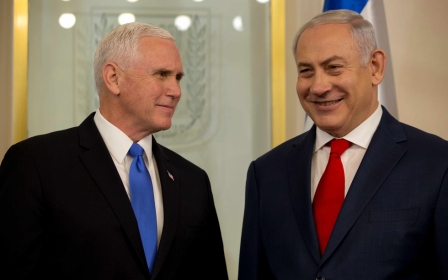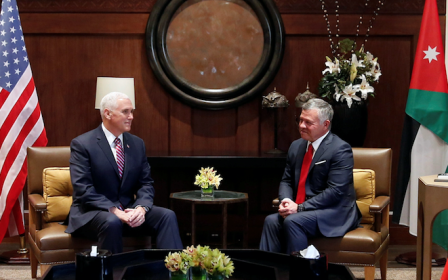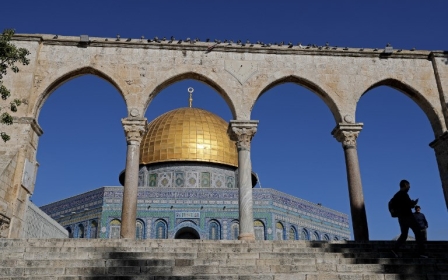Israel using tourism to legitimise illegal settlements, says EU report
Israel is developing archaeological and tourism sites to legitimise illegal settlements in Palestinian neighbourhoods of Jerusalem, EU diplomats in the city have warned.
The report, leaked to the Gaurdian newspaper, says projects in parts of occupied East Jerusalem were being used "as a political tool to modify the historical narrative and to support, legitimise and expand settlements".
Government institutions and private settler organisations had created a number of projects which the report said promotes a "narrative based on historic continuity of the Jewish presence in the area at the expense of other religions and cultures".
East Jerusalem is the only place where Israeli national parks are declared on populated neighbourhoods
- EU Heads of Mission report
It cited the "City of David" project, a government-funded archeological park in the Palestinian area of Silwan that provides tours in the ruins of ancient Jerusalem. Silwan is home to 10,000 Palestinians and 450 heavily guarded illegal settlers.
The park is operated by a settler organisation and promotes "an exclusively Jewish narrative, while detaching the place from its Palestinian surroundings", the EU report said.
"East Jerusalem is the only place where Israeli national parks are declared on populated neighbourhoods," the report said.
The report, which is written annually, said Israel had demolished 130 building, ejecting 228 Palestinians from their homes.
A strict Israeli permit scheme and record numbers of illegal settlement plans meant "the city has largely ceased to be the Palestinian economic, urban and commercial centre it used to be".
The report also cited a project, approved in May, to build a cable car that would connect West Jerusalem to the Old City, an area internationally recognised as occupied. One stop would be 130 metres from the Dome of the Rock, the third holiest site in Islam.
The EU heads of mission said the initial service was expected to be operational by 2020, and would then be extended further into East Jerusalem.
"Critics have described the project as turning the World Heritage Site of Jerusalem into a commercial theme park while local Palestinian residents are absent from the narrative being promoted to the visitors," the heads of mission report said.
New MEE newsletter: Jerusalem Dispatch
Sign up to get the latest insights and analysis on Israel-Palestine, alongside Turkey Unpacked and other MEE newsletters
Middle East Eye delivers independent and unrivalled coverage and analysis of the Middle East, North Africa and beyond. To learn more about republishing this content and the associated fees, please fill out this form. More about MEE can be found here.




